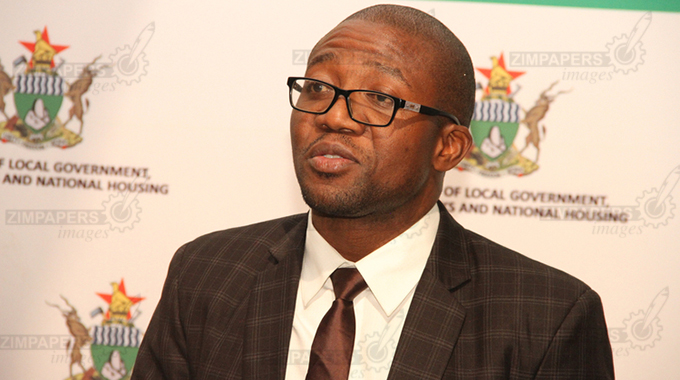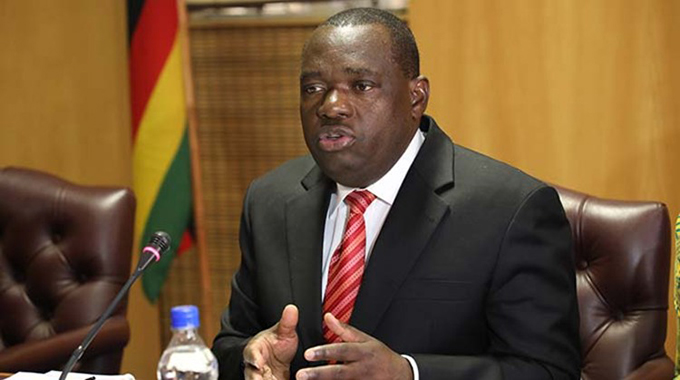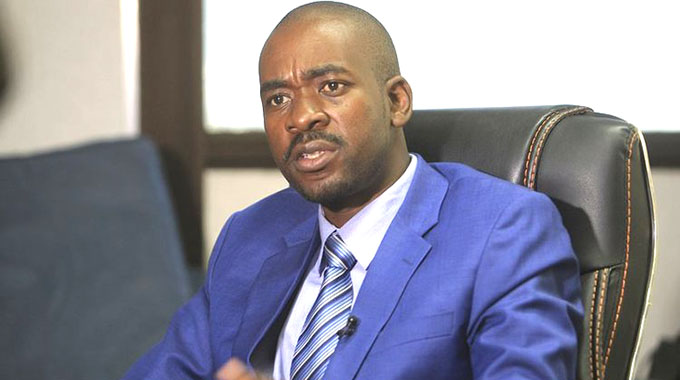Local currency to spur industry — Minister

Ishemunyoro Chingwere and Michael Tome
GOVERNMENT is confident the adoption of a local currency by the country’s monetary authorities has potential to spur industrial growth to 60 percent and boost exports.
This was revealed by Industry and Commerce Minister Mangaliso Ndlovu while addressing a breakfast meeting on the state of the country’s industry and commercial sector in Harare yesterday.
Minister Ndlovu said Zimbabwe’s industrial and manufacturing sector capacity utilisation needs to be at least on 60 percent with anything less than that being a sign that there are a lot of inefficiencies, which have a negative bearing on product pricing and competitiveness.
According to the Confederation of Zimbabwe Industries manufacturing survey of 2018, last year’s capacity utilisation was the best over the last five years as industry operated at 48 percent, but outlook had predicted a drop to 34.3 percent before Government’s intervention.
In line with the Transitional Stabilisation Programme of fostering a private sector-led economic revival, Government early this month promulgated (SI) 142 of 2019, also known as Reserve Bank of Zimbabwe (Legal Tender) Regulations, which scrapped the multi-currency and introduced the Zimbabwe dollar.
“We had a number of policy interventions, some well-planned (and) mostly influenced by the input from private sector, some well-planned as well, but abruptly implemented because that’s what had to be done,” said Minister Ndlovu.
“When you are to make changes to currency related issues you don’t give people time particularly Zimbabweans.
“I have no doubt that the local currency is what we needed now particularly for the purposes of improving our competitiveness as we venture into the export market.
“I believe this is the right time for this Government to discuss how best to exploit export opportunities.
“We should focus on export-led industrialisation, we want to anchor and take advantage of African Continental Free Trade Area. I know there is bit of nervousness when it comes to this (free trade), but we need to prepare ourselves as a nation for that.”
Growing exports is one of the key anchors with which Government seeks to revive the economy and commits itself to “support for competitiveness of domestically produced goods in both regional and international markets”.
The private sector is grappling with a myriad of challenges which Government has committed to help address.
Among the challenges is the availability of power in which Government is seized with a number of interventions to cover the gap.
Government is also appealing to businesses and individuals owing power utility — Zesa Holdings — to pay their debts which are amounting to over $1, 2 billion or at least draw payment plans in liaison with the power utility.
“The power situation in the country is dire, it has graduated from being a challenge to a very big problem,” said Energy and Power Development Minister Fortune Chasi at the breakfast meeting.
“I would like to make an impassionate plea to commerce and industry to say you owe significant amounts of money to Zesa, initially denominated in USD, we all have to pay to have production,” said Minister Chasi.










Comments